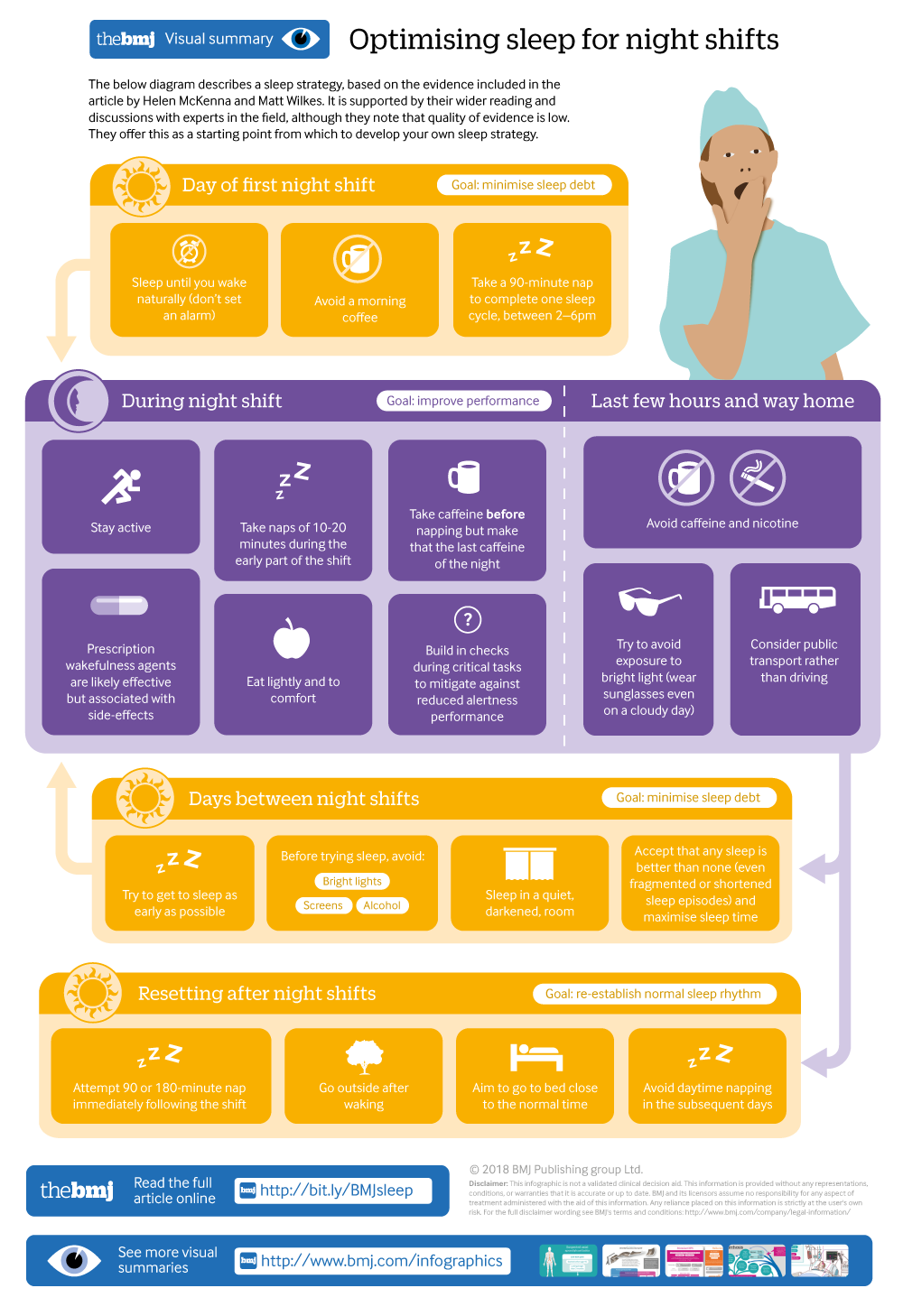

From a circadian rhythm standpoint, when we go to bed late and sleep in on the weekends, it’s as we flew a few time zones west on Friday evening and fly back Monday morning. “Social jet lag” is the discrepancy in sleep timing between our work days and our free days.
:max_bytes(150000):strip_icc()/006-enable-night-shift-on-mac-4137316-ef7a2f881c204984a004a4966fc030bb.jpg)

The late snack group also suffered about a 9% bump in their LDL cholesterol within just 2 weeks.Įven just sleeping in on the weekends may screw up our metabolism. That’s only about a pat and a half of butter’s worth, but it was the identical snack––just given at a different time. Study subjects eating a specified snack at 10 am burned about 6 grams more fat from their body than on the days they ate the same snack at 11pm. Just a single improperly-timed snack can affect how much fat you burn every day. Researchers found that you burn 12-16% fewer calories while sleeping during the daytime compared to night. Shiftwork may also have people too fatigued to exercise, but even at the same physical activity levels, chronodisruption can affect energy expenditure. In this experiment, 81% of participants in a nightshift scenario chose high-fat foods such as croissants out of a breakfast buffet, compared to just 43% of the same subjects during a control period on a normal schedule. When we finally do get home in the morning, though, we may disproportionately crave unhealthy foods. We may have no control over the lighting at our workplace, but we can try to minimize overnight food intake, which has been shown to help limit the negative metabolic consequences of shift work.
/001-enable-night-shift-on-mac-4137316-19be640c13eb42ffa36a840dfd054383.jpg)
Just as avoiding bright light at night can prevent circadian misalignment, so can avoiding night eating. Our bodies just weren’t designed to handle food at night. No wonder shift workers are at higher risk shifting meals to the night in a simulated night shift protocol turned about a third of the subjects effectively prediabetic in just 10 days. Redistributing eating to the nighttime resulted in elevated cholesterol, blood pressure, and inflammation. Graveyard shift, indeed! But, is it just because they’re eating out of vending machines, or not getting enough sleep? Highly controlled studies have recently attempted to tease out these other factors by putting people on the same diets, with the same sleep, but just at the wrong time of day. Shift workers may have higher rates of death from heart disease, stroke, diabetes, dementia, cardiovascular disease, and cancer. Greger may be referring, watch the above video. To see any graphs, charts, graphics, images, and quotes to which Dr. Below is an approximation of this video’s audio content.


 0 kommentar(er)
0 kommentar(er)
